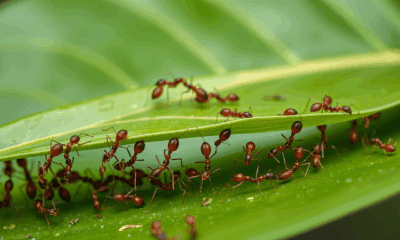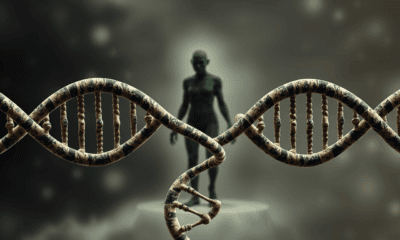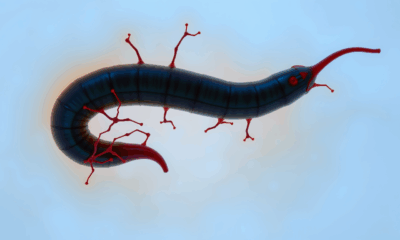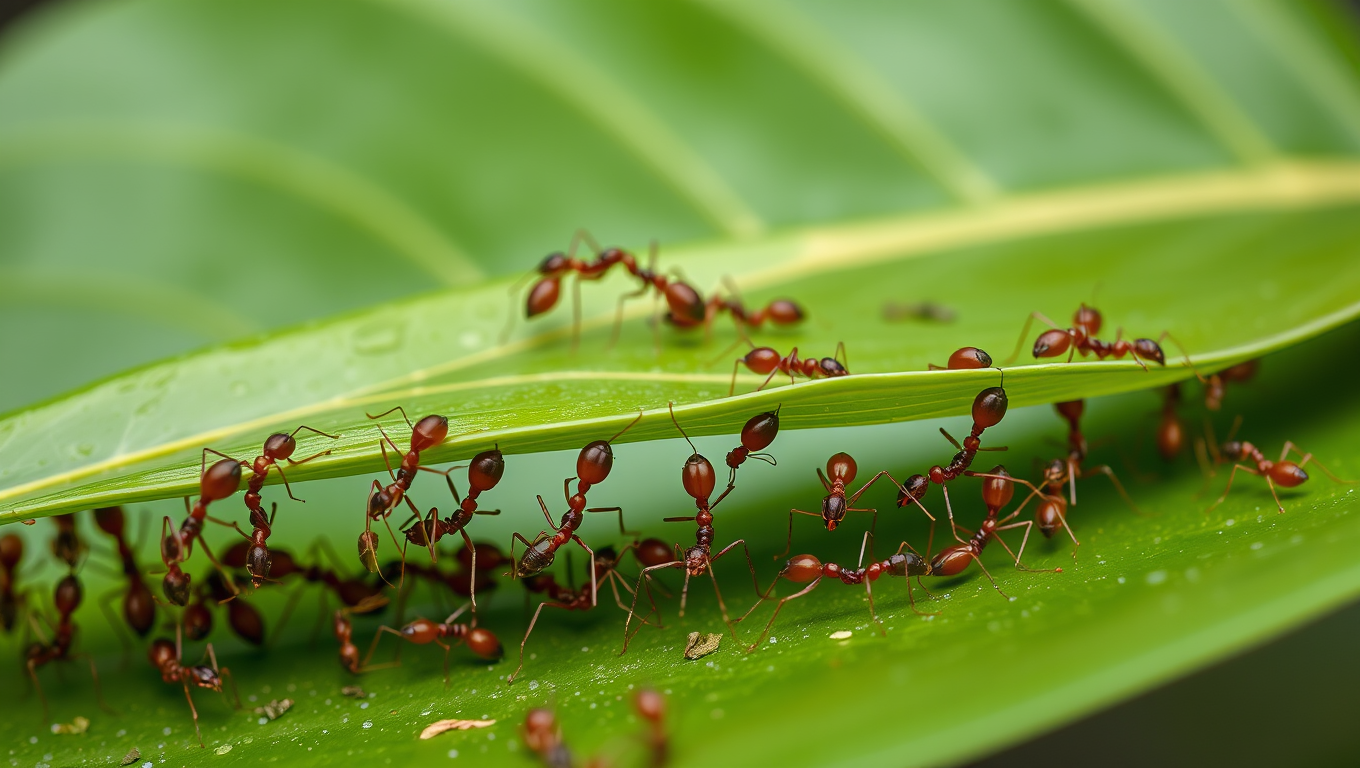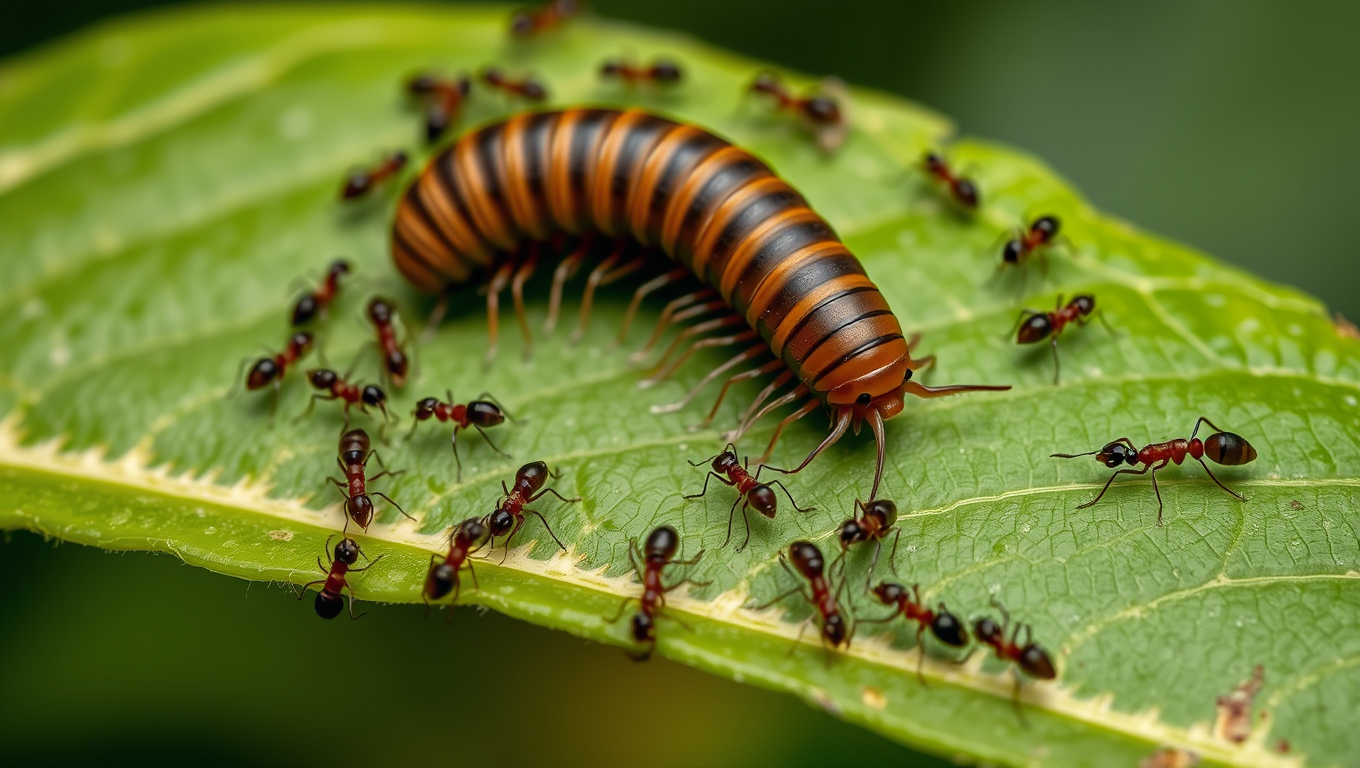While we try to keep things accurate, this content is part of an ongoing experiment and may not always be reliable.
Please double-check important details — we’re not responsible for how the information is used.
Behavioral Science
“Rewired for Romance: Scientists Give Gift-Giving Behavior to Singing Fruit Flies”
By flipping a single genetic switch, researchers made one fruit fly species adopt the gift-giving courtship of another, showing how tiny brain rewiring can drive evolutionary change.
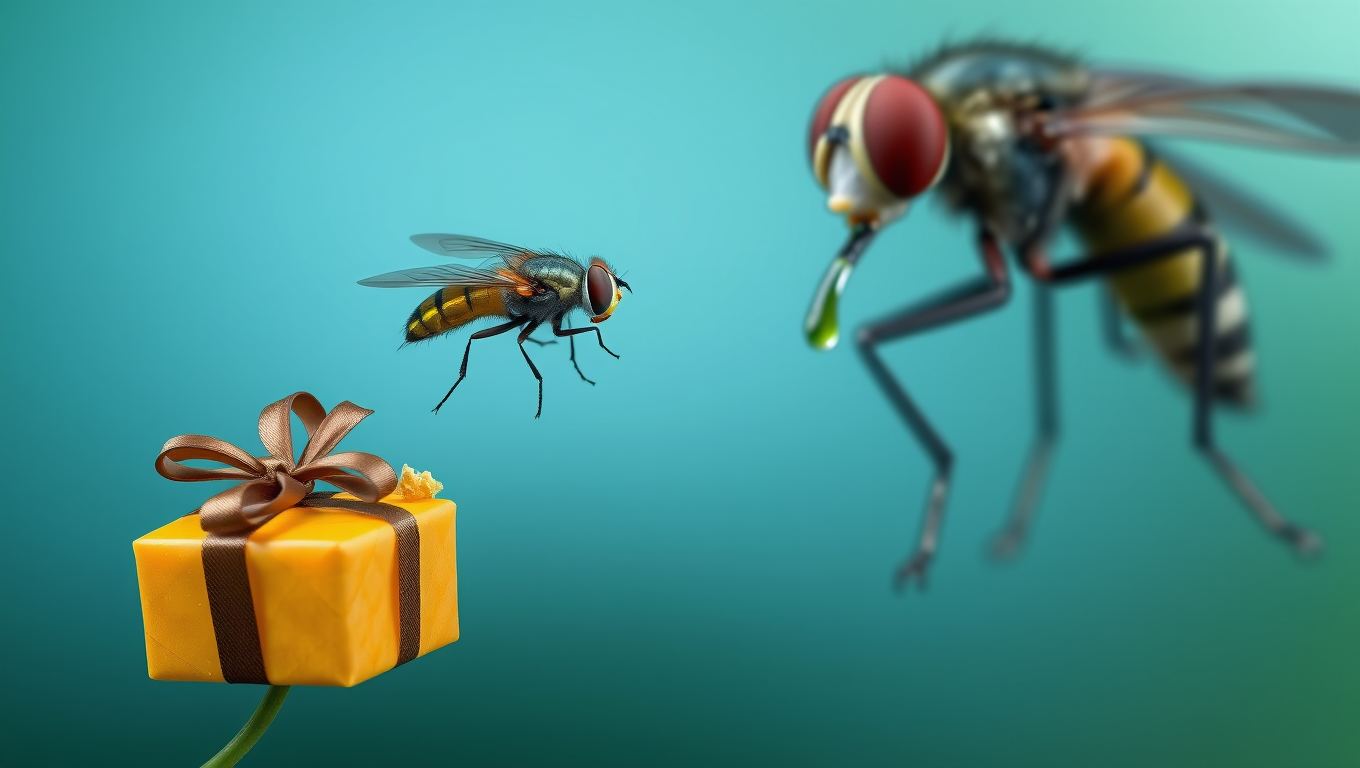
Behavioral Science
The Amazing Ant Strategy That Can Revolutionize Robotics
Weaver ants have cracked a teamwork puzzle that humans have struggled with for over a century — instead of slacking off as their group grows, they work harder. These tiny architects not only build elaborate leaf nests but also double their pulling power when more ants join in. Using a “force ratchet” system where some pull while others anchor, they outperform the efficiency of human teams and could inspire revolutionary advances in robotics cooperation.
Alternative Medicine
Ivermectin: The Mosquito-Killing Pill That Dropped Malaria by 26%
A groundbreaking study has revealed that the mass administration of ivermectin—a drug once known for treating river blindness and scabies—can significantly reduce malaria transmission when used in conjunction with bed nets.
Animals
“From Millipede Secretions to Human Pain Relief — A New Path for Drug Discovery”
Millipedes, often dismissed as creepy crawlies, may hold the secret to future painkillers and neurological drugs. Researchers at Virginia Tech discovered unique alkaloid compounds in the defensive secretions of a native millipede species. These complex molecules, which cause disorientation in ants, interact with human neuroreceptors linked to pain and cognition. By decoding these natural chemical defenses, scientists could open a new path toward innovative drug therapies, though challenges remain in producing the compounds at scale.
-

 Detectors10 months ago
Detectors10 months agoA New Horizon for Vision: How Gold Nanoparticles May Restore People’s Sight
-

 Earth & Climate12 months ago
Earth & Climate12 months agoRetiring Abroad Can Be Lonely Business
-

 Cancer11 months ago
Cancer11 months agoRevolutionizing Quantum Communication: Direct Connections Between Multiple Processors
-

 Albert Einstein12 months ago
Albert Einstein12 months agoHarnessing Water Waves: A Breakthrough in Controlling Floating Objects
-

 Chemistry11 months ago
Chemistry11 months ago“Unveiling Hidden Patterns: A New Twist on Interference Phenomena”
-

 Earth & Climate11 months ago
Earth & Climate11 months agoHousehold Electricity Three Times More Expensive Than Upcoming ‘Eco-Friendly’ Aviation E-Fuels, Study Reveals
-

 Agriculture and Food11 months ago
Agriculture and Food11 months ago“A Sustainable Solution: Researchers Create Hybrid Cheese with 25% Pea Protein”
-

 Diseases and Conditions12 months ago
Diseases and Conditions12 months agoReducing Falls Among Elderly Women with Polypharmacy through Exercise Intervention







